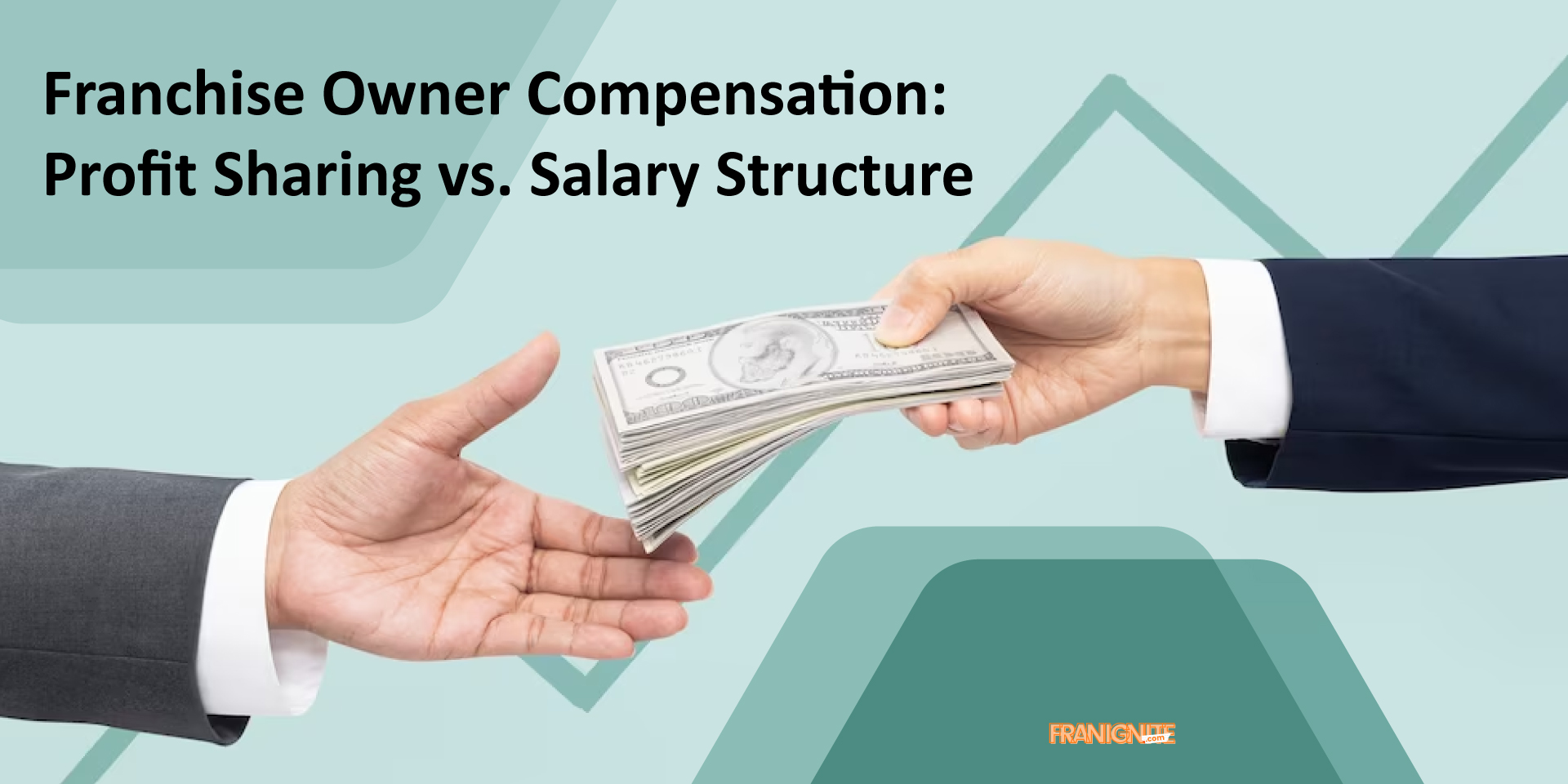The world of franchising offers aspiring entrepreneurs an opportunity to step into established business models and capitalize on proven success strategies. One key aspect that often sparks curiosity is how franchise owners are compensated. Are they paid a salary or do they earn their income solely from the profits generated by their franchise units? In this comprehensive exploration, we will delve into the intricacies of franchise owner compensation, shedding light on the various ways they receive earnings.
Franchise Profit Model: Earning from Prosperity
Unlike traditional employees who receive fixed salaries, franchise owners operate within a unique dynamic. They enter the franchise arena with the clear intention of reaping profits and establishing financial independence. This model ensures that the financial outlook for franchise owners is promising, even in competitive markets. The core principle revolves around generating profits from sales and service transactions, thereby creating a sustainable revenue stream.
The profitability of a franchise owner hinges on the difference between total revenue and operational expenses. After accounting for overhead costs like equipment, fees, inventory, staffing, and brick-and-mortar expenses, the remaining amount constitutes the franchisee’s profit. This dynamic underscores the importance of effective cost management and strategic business practices.
Franchise Fee Structure: Initial Investment and Ongoing Royalties
While the profit-driven approach forms the foundation of franchise owner compensation, it’s essential to examine the fee structure that accompanies franchising. Franchise fees are multifaceted, involving an initial buy-in charge and a percentage of gross sales, along with an annual lump-sum franchise fee. These fees grant franchisees access to established brand recognition, operational expertise, and ongoing support from the franchisor.
For instance, consider Dunkin’ Donuts, which demands an initial fee ranging from $40,000 to $90,000, in addition to 5.9% in royalties and 5% for advertising. With an upfront investment that varies based on the franchise package, franchisees gain access to a wealth of resources. As annual sales generate revenue, franchise owners pay royalties to the franchisor. The remaining income, after accounting for franchise fees and operational costs, constitutes the franchisee’s profit.
Balancing the Books: Profits after Expenses
Profit potential doesn’t end with sales and franchise fees; it extends to savvy expense management. Franchise owners must cover essential costs like mortgage, rent, utilities, labor, taxes, and more. While these expenses can significantly impact the bottom line, effective financial planning and operational efficiency can ensure a healthy profit margin. Franchisees who adhere to proven business models and best practices are more likely to experience financial success.
The Salary Perspective: Franchise Owners on a Fixed Income
In certain cases, large franchisors may opt to pay franchise owners a salary, providing a sense of stability amidst the dynamic world of entrepreneurship. This arrangement can be particularly appealing to franchisees looking for a consistent income while benefiting from the brand’s reputation and support. However, this scenario is not as common as the profit-sharing model and may not be available to all franchise owners.
It’s important to note that drawing a salary as a franchise owner can impact the business’s working capital and taxation status. This decision requires careful consideration and often involves consultations with financial advisors or tax experts to ensure a well-informed choice.
Future of Franchising: A Promising Path
Franchising offers a compelling path for entrepreneurs seeking to build successful businesses while leveraging established brand equity. The profit-driven model, rooted in sales, service transactions, and cost management, presents an exciting avenue for financial growth. Moreover, the fee structure, characterized by initial investments and ongoing royalties, grants franchise owners access to a wealth of resources and expertise.
The intricate balance between profits and expenses defines the financial landscape for franchise owners. While most franchisees opt for profit-driven compensation, the potential for a fixed salary arrangement exists in specific cases. As the world of franchising continues to evolve, one thing remains clear: the future of franchise ownership holds promising financial prospects for those willing to embrace the entrepreneurial journey.
Liked what you read? Follow us on Linkedin.
Want your franchise news to be covered? Send your Press Release.




